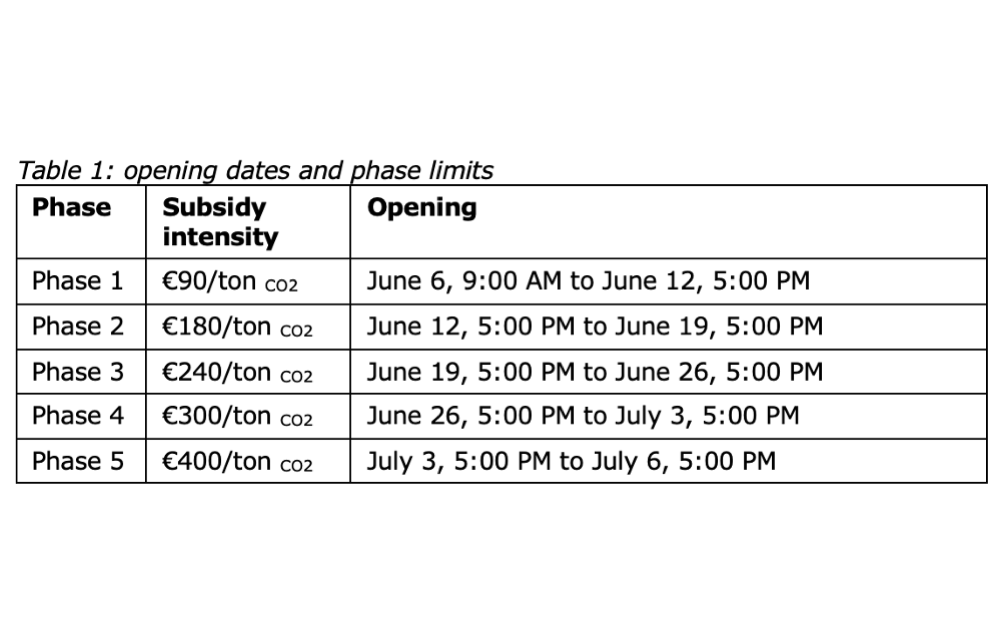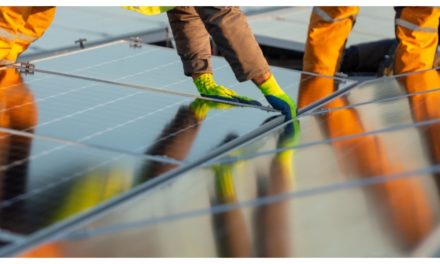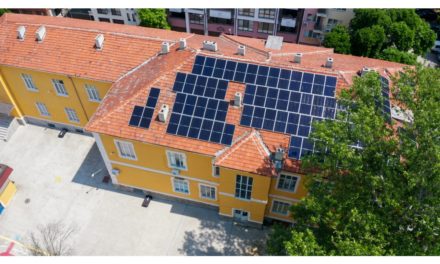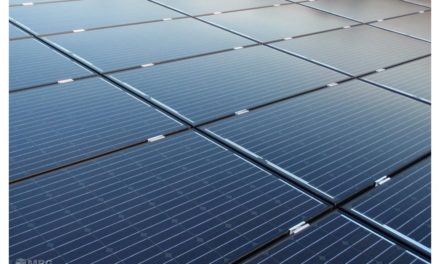- RVO plans to launch SDE++ 2023 round in June 2023 with a subsidy budget of €8 billion
- Under this round, solar PV projects of less than 1 MW will also be allowed to feed in a maximum of 50% of their peak capacity to the grid
- There won’t be any production ceiling for renewable electricity generation projects on land
Newly installed solar PV projects smaller than 1 MW are planned to feed into the grid only a maximum of 50% of the peak capacity generated under the Netherlands’ SDE++ 2023 as the country plans to expand this feature from PV projects of over 1 MW as was allowed in 2022 round, according to the country’s Minister for Climate and Energy, Rob Jetten.
The Energy Ministry is mulling over this proposal along with the Netherlands Enterprise Agency (RVO) and network operators. If cleared, it will be implemented in the upcoming subsidy round.
While the Netherlands Environmental Assessment Agency (PBL) believes most categories of solar PV projects do not require a subsidy, these will be granted if the market revenue for electricity is less than estimated.
“Solar-on-roof projects have a lower subsidy intensity than projects for solar-on-shore and are therefore discussed earlier in the ranking of techniques. This is in line with the ambition of the coalition agreement to focus mainly on the large-scale installation of solar panels on roofs, given the limited available space,” stated Jetten in a letter to the National Parliament.
According to the RVO, this round is open to solar PV, wind, hydropower, osmosis, biomass fermentation, combustion and fermentation, gasification, solar thermal energy, PVT, sludge fermentation, composting, geothermal energy, aquathermal energy, daylight greenhouse, electric boilers, heat pumps, residual heat, hydrogen, advanced renewable fuels, CCS and CCU technologies. In addition, air-to-water heat pump is a new entrant to the list for this round.
The government has decided to do away with a production ceiling for renewable electricity generation projects on land ‘to sufficiently stimulate the required growth of solar and wind towards 2030 and 2050’. The ceiling for CO 2 capture and storage (CCS) will also lapse.
The country plans to launch the new SDE++ 2023 round in June this year with phase I scheduled for June 6, 2023. Subsequent phases up to 5 will be conducted by July 3, 2023 depending on the subsidy intensity. The Netherlands Enterprise Agency (RVO) has secured a budget of €8 billion for the same.
SDE++ 2022 round was conducted with €13 billion budget. Its results are yet to be announced (see €13 Billion For Dutch SDE++ 2022).















